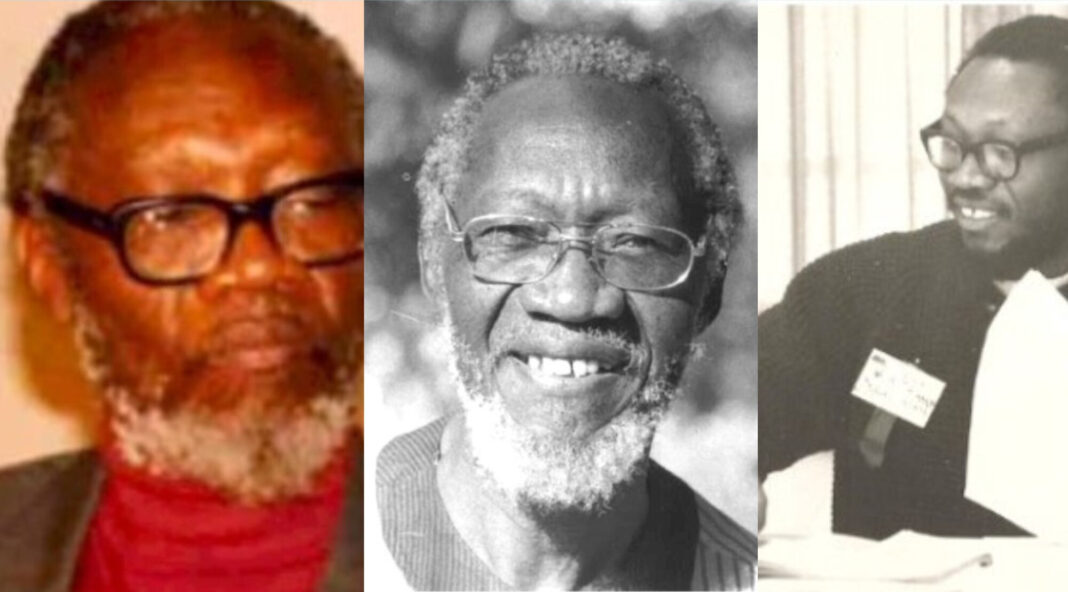Journalism in Kenya, just like in many other countries of the world is evolving despite challenges of instability and massive layoffs. By and large, it is an interesting time to be in the field of journalism in Kenya.
This is all in the wake of plenty of media outlets facing uncertainty over technological innovation such as Artificial Intelligence.
History of Kenyan journalism
Journalism in Kenya dates back to over 125 years ago when foreign missionaries arrived in the country. The earliest publication, the Taveta Chronicles, began in 1895 as a religious quarterly by a Christian missionary society.
The oldest newspaper still in circulation today is The Standard, founded in 1901 as the African Standard. Kenyan journalism has a deep-rooted history closely intertwined with the nation’s development.
One of the most notable names that has shaped the structure of print and broadcast journalism in the world of media is Hillary Ng’weno.
Hillary Ngw’eno
As previously reported by Bizna Kenya, Hillary Ng’weno was the first Kenyan to study at Harvard University back in 1957, when he landed a scholarship to pursue nuclear physics.
After graduating from Harvard, Ng’weno returned to Kenya and began a career in journalism. At this time, the media landscape was dominated by foreign-owned companies such as The Standard & Daily Nation.
At the age of 28, Ng’weno was appointed to a position at The Daily Nation, Kenya’s leading daily publication. After nine months, he was promoted to the position of editor-in-chief. However, he resigned from this role in 1965.
Little-known details of first two Kenyans to join Harvard University
Hillary Ng’weno teamed up with Terry Hirst, a British Kenyan cartoonist and a leading figure in Africa’s ‘golden age’ art. Together they created a political satire comic magazine called Joe, which became popular in the continent.
In 1975, Hillary established Weekly Review Magazine which offered political reporting and commentary. It ran until 1999.
In 1977, he launched Nairobi Times, initially as a Sunday newspaper before later becoming a daily newspaper. Hillary made his best effort to get the company to stay afloat but was facing stiff competition from The Standard and Daily Nation.
He struggled to get advertisements as foreigners largely occupied them. Hillary decided to sell the Nairobi Times to the then-ruling party, KANU in 1983.
This changed its entire outlook as it soon became a government mouthpiece for them to advance their agenda. Unfortunately, the Nairobi Times was shut down in 2010.
KANU also purchased Ng’weno’s publication company, Stellascope. At that time, Stellascope ran several magazine publications such as Rainbow (a children’s magazine), The Industrial Review and The Financial Review.
Following the sale and closure of his publication, Ng’weno shifted to television, founding Kenya’s first independently owned TV news station. Subsequently, he sold the station and got into film and documentary production.
A man of many exploits in the field of journalism, Hillary Ng’weno teamed up with Nation Media Group to produce documentaries such as ‘The Making of a Nation’ and ‘Kenya’s Darkest Hour’.
In 2020, Ngw’eno was feted by the Kenya Editors Guild with a Lifetime Achievement Award for his contribution to Kenyan journalism. He is widely regarded as an influential figure who shaped the narrative of modern-day Kenyan journalism.
Hillary Ng’weno passed away on 7th July 2021 aged 83 years. He had been married for over 50 years to a French native, Fleur and together they had two daughters, Betina and Amolo Ngw’eno.

